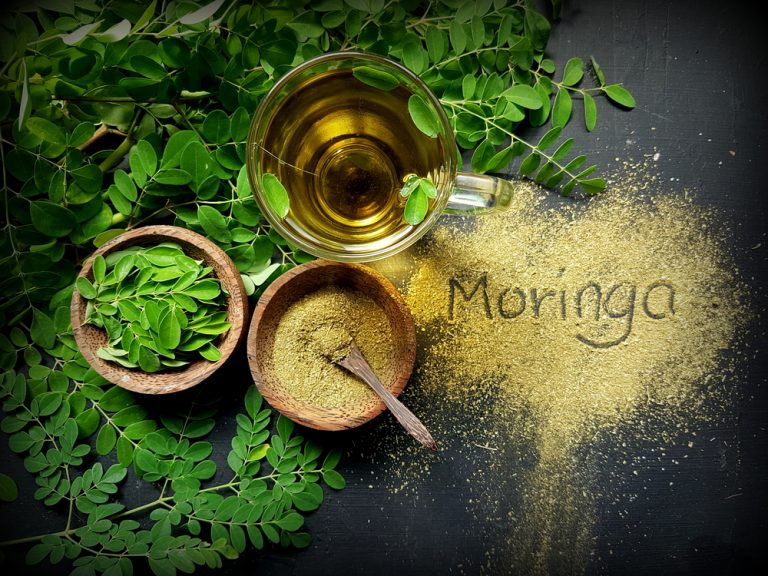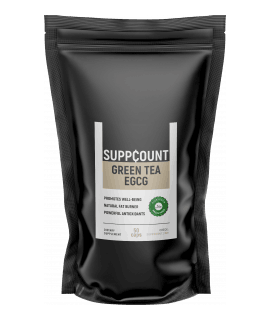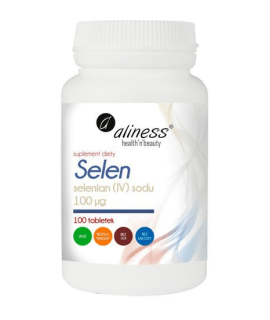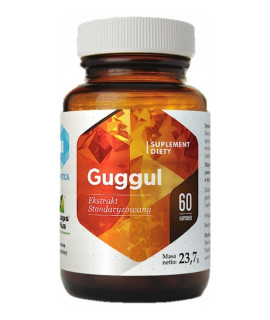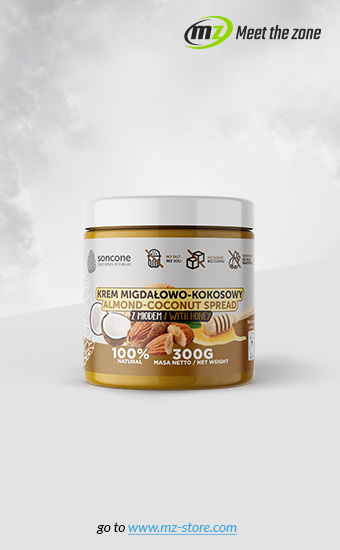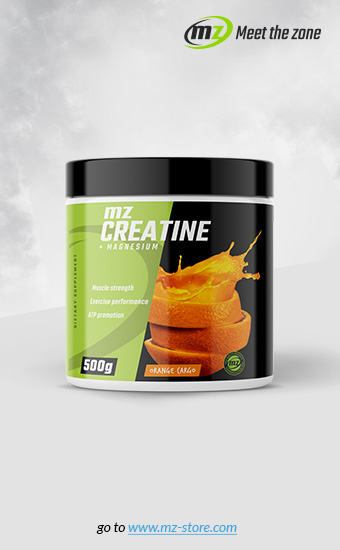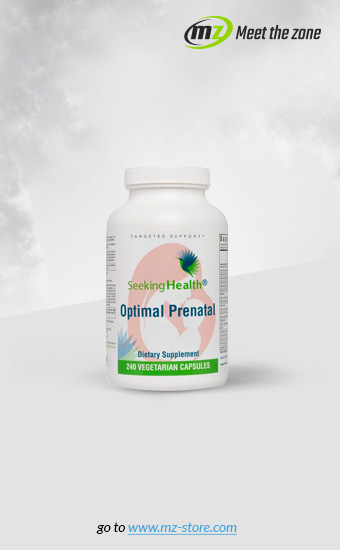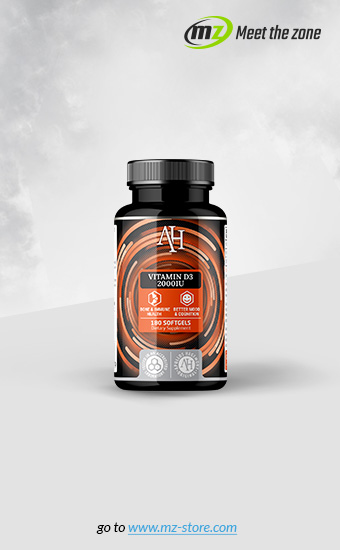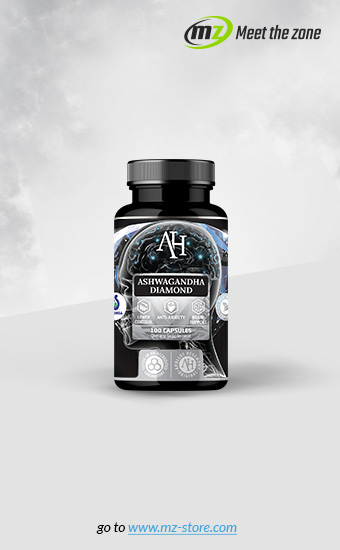Most of today's medicines are found due to the natural discoveries of our ancestors. For hundreds of years, nature has provided an opportunity to extract medicines from plants. This has led to various forms of plants being the most effective and yet least processed form of medicine. In addition to bark, leaves, or roots, other elements of tree structure that were unknown in ancient times can also be used. Chemical processing, as well as conducting regular research, has led to maximizing the positive effects of herbal medicine. One of the most effective herbal supplements is Moringa oleifera, which can be used in a variety of forms and for a variety of effects.
What is Moringa?
Moringa oleifera is also known as the horseradish tree. The name refers to the roots of the tree, which resemble horseradish in taste. Due to its structure, the plant is highly resistant to droughts. At the moment, it has been determined that there are 14 varieties of Moringa plants, but the most recognizable is Moringa oleifera.
The content of all kinds of health-promoting substances found in this tree is enormous. The powdered leaves provide the body with a significant dose of antioxidants, anti-inflammatory substances, and amino acids. The leaf powder also provides a very high-quality protein as it is extremely digestible and enriched with fiber.
100 grams of dry Moringa leaves consist of
- 10 times more vitamin A, compared to carrots
- 12 times more vitamin C than oranges
- 17 times more calcium than any milk
- 15 times more potassium than in banana fruit
- 25 times more iron than spinach
- 900% more protein than yogurt
In addition to the leaves, Moringa seeds are also used, as well as oil which is produced after processing the seed. The main component of this oil is the so-called oleic acid-forming 70% of the total weight of fatty acids. Oleic acid is characterized by low Iodine Number and Total Acid Number (TAN) values. This means that it is more stable and valuable than more common oils.
The iodine value alone indicates whether fat is susceptible to oxidation and rancidity. The fatty acids, on the other hand, indicate the content of free acids, which are formed when triglycerides are degraded. Moringa oil is a better source of nutritional value than any olive oil.
Summary
Without a doubt, interest in Moringa continues to grow. Many people use it as a supplement that works not only for appearance but also for the overall health of the body. It is impossible to ignore its effectiveness in terms of supporting our metabolism, which can be regulated by drinking a Moringa tea. Many reports indicate that you can effectively decrease fatigue as well as body fat by increasing the share of Moringa in your diet. So, if there are no contraindications to using this natural form of medicine, you should try incorporating it into your diet.
